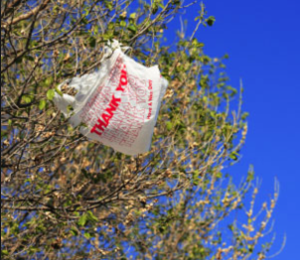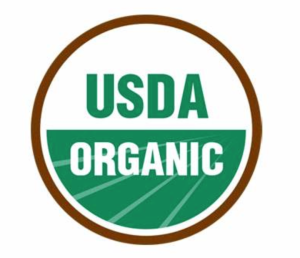Fish And Wildlife Service Agrees to Phase-Out Genetically Engineered Crops & Ban Bee-Killing Pesticides on National Refuges
The U.S. Fish and Wildlife Service (FWS) has decided to phase out the use of genetically engineered crops to feed wildlife and ban neonicotinoid insecticides from all wildlife refuges nationwide by January 2016. This announcement builds on a previously announced decision to eliminate  neonicotinoid pesticides from refuges in the Pacific Region. Over the past 10 years, the Center for Food Safety and PEER have filed five lawsuits, two legal petitions, and countless administrative actions, with resulting judicial decisions concluding that the allowance of GE crops on refuges violated environmental laws in multiple refuge regions across the country. The nonprofits have long urged FWS to prohibit the practice nationally. FWS is the first federal agency to restrict the use of GE crops and neonicotinoids in farming in the U.S. This decision is a victory for the environment and for all pollinators who have been heavily affected by the toxicity of neonicotinoids.
neonicotinoid pesticides from refuges in the Pacific Region. Over the past 10 years, the Center for Food Safety and PEER have filed five lawsuits, two legal petitions, and countless administrative actions, with resulting judicial decisions concluding that the allowance of GE crops on refuges violated environmental laws in multiple refuge regions across the country. The nonprofits have long urged FWS to prohibit the practice nationally. FWS is the first federal agency to restrict the use of GE crops and neonicotinoids in farming in the U.S. This decision is a victory for the environment and for all pollinators who have been heavily affected by the toxicity of neonicotinoids.
Currently, 115 localities in California have banned single-use plastic bags but they are now moving towards a statewide ban.?SB 270?aims to reduce the use of the bags by prohibiting them at supermarkets and drugstores by July 1, 2015 and in smaller groceries and convenience stores by July 1,  2016. Paper, reusable and compostable plastic bags would carry a minimum ten cent charge if the bill passes. The bill also includes provisions that encourage manufacturers of one-use bags to transition to reusable bags. If it passes, it would make California the first state to enact a statewide ban on the single-use bags, although Hawaii has bans in all four of its counties. This bill is a necessary step towards reducing waste and pollution. It is the hope that the country as a whole adopts this measure.
2016. Paper, reusable and compostable plastic bags would carry a minimum ten cent charge if the bill passes. The bill also includes provisions that encourage manufacturers of one-use bags to transition to reusable bags. If it passes, it would make California the first state to enact a statewide ban on the single-use bags, although Hawaii has bans in all four of its counties. This bill is a necessary step towards reducing waste and pollution. It is the hope that the country as a whole adopts this measure.
USDA Clips Wings of Misleading Organic Marketers
The USDA?announced?earlier this week that?industry stakeholders will be reining in misleading language on organic packaging. Some companies have been marketing their food products, using the word ?organic? or ?organics? in their brand-name, despite not qualifying for the use of the word  ??organic?. ?For example,?Newman?s Own Organics, have placed the word ?organic? on the front panel of their products, delivering a misleading messaging to consumers. In 2010 Cornucopia?filed a formal legal complaint?against Newman?s for selling such products as ginger cookies, using a lesser labeling category regulated by the USDA:?Made with Organic Ingredients. A small percentage of products under the Newman?s Own Organics name actually are certified organic. Most are manufactured with 70% organic ingredients and qualify for the ?made with organic? labeling category. This new USDA ruling will protect ethical industry participants and prevent consumers from being misled.
??organic?. ?For example,?Newman?s Own Organics, have placed the word ?organic? on the front panel of their products, delivering a misleading messaging to consumers. In 2010 Cornucopia?filed a formal legal complaint?against Newman?s for selling such products as ginger cookies, using a lesser labeling category regulated by the USDA:?Made with Organic Ingredients. A small percentage of products under the Newman?s Own Organics name actually are certified organic. Most are manufactured with 70% organic ingredients and qualify for the ?made with organic? labeling category. This new USDA ruling will protect ethical industry participants and prevent consumers from being misled.

Comments are closed.